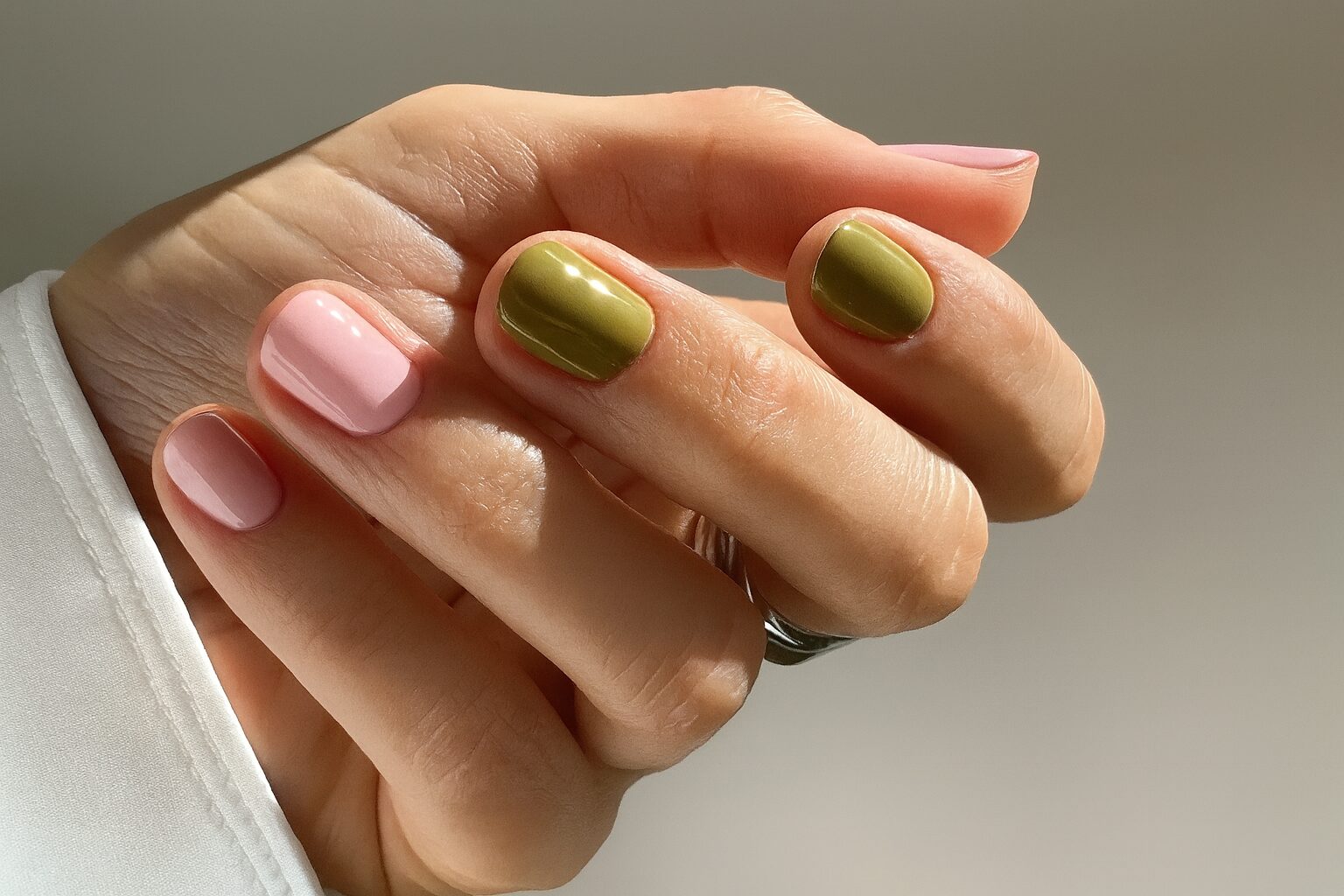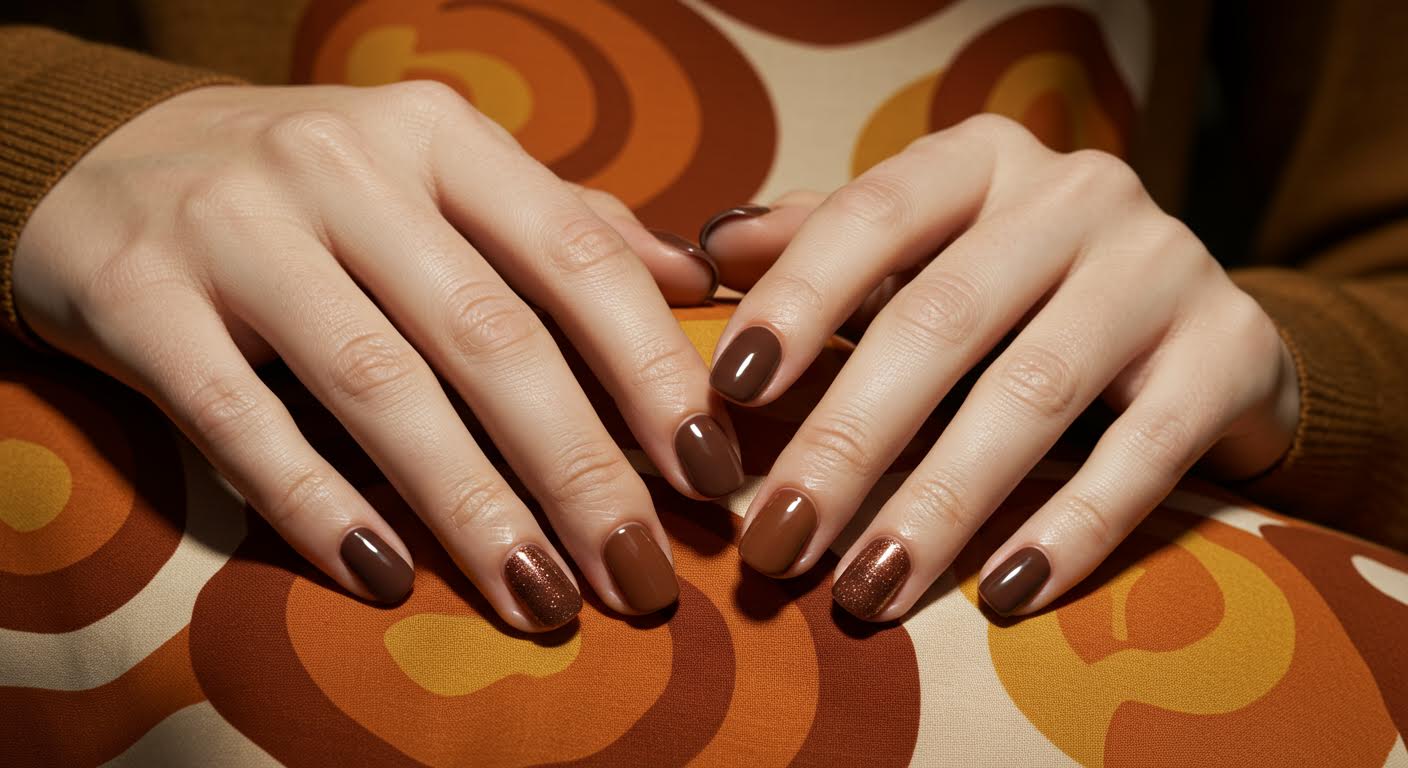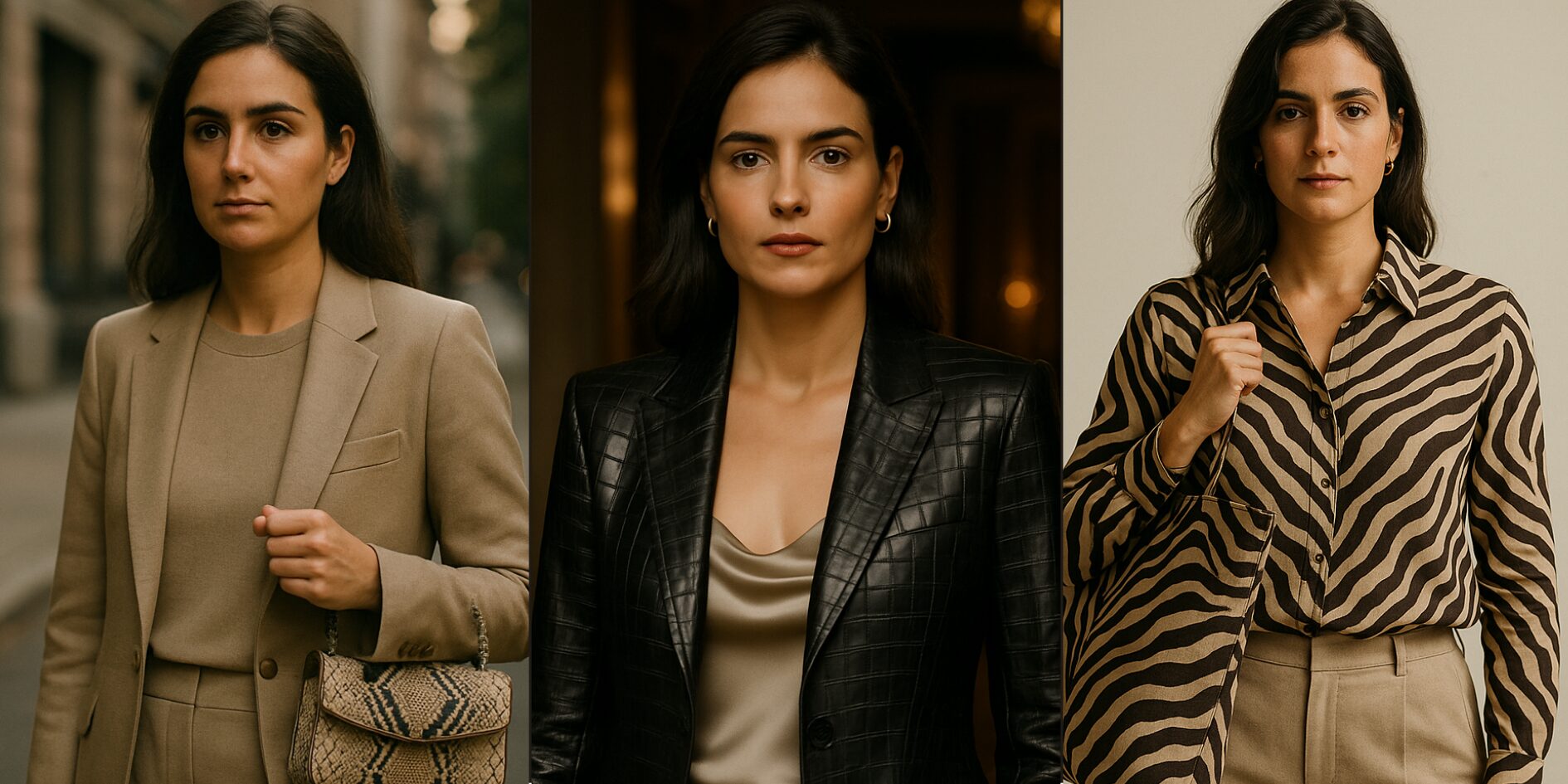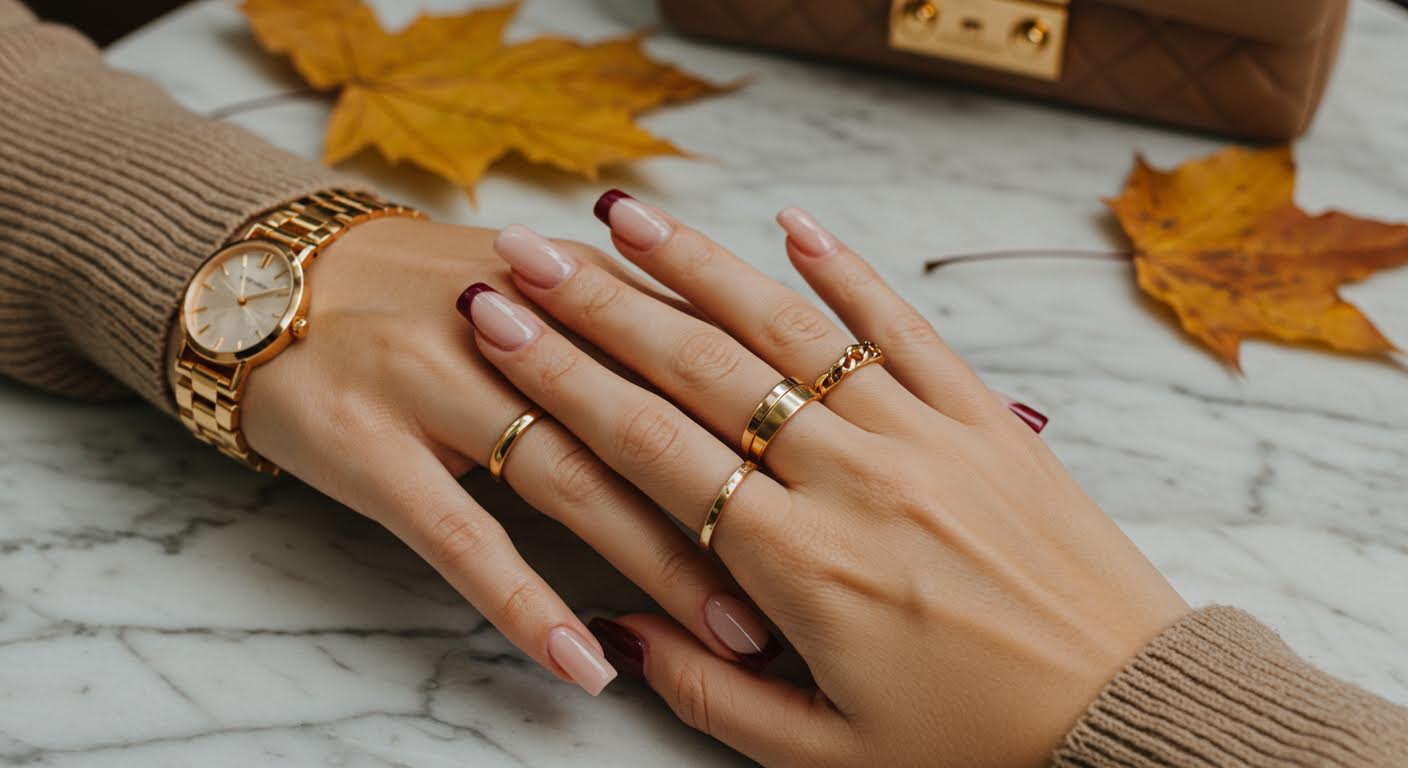How To Dress Well: The 15 Rules All Men Should Learn
Table of Contents
In the dynamic realm of men’s fashion, style is more than just wearing clothes—it’s a way to express identity, confidence, and individuality. Yet, for many men, the idea of “dressing well” feels intimidating. With so many trends, rules, and opinions, where do you even begin?
The truth is, dressing well isn’t about following every fleeting fashion statement. It’s about grounding yourself in timeless style, then layering on personal touches that make it your own. Whether you’re putting on a suit, picking the right shoes, or even thinking about your underwear, the devil is in the details.
Over the years, working in styling, interviewing designers, and learning from everyday men who just get it, I’ve realized that the rules aren’t restrictive—they’re empowering. Here are the 15 rules all men should learn to refine their look, project confidence, and carry themselves like style comes naturally.
1. Wear A Suit Well
A man in a suit is always making a statement, but the statement depends entirely on fit. Many off-the-peg options fail because men focus on the wrong things. Davide Taub, head of bespoke tailoring at Gieves & Hawkes on Savile Row, insists: “Fit across the shoulders is key. You can alter the chest and waist, but if the shoulders don’t work, nothing else will.”
Stick to classic, dark, two-button, single-breasted styles. This kind of uniform acts as a canvas—add individuality with ties, pocket squares, or even the way you wear it. As Taub says, “It’s not the label inside, it’s how you wear it that impresses.”
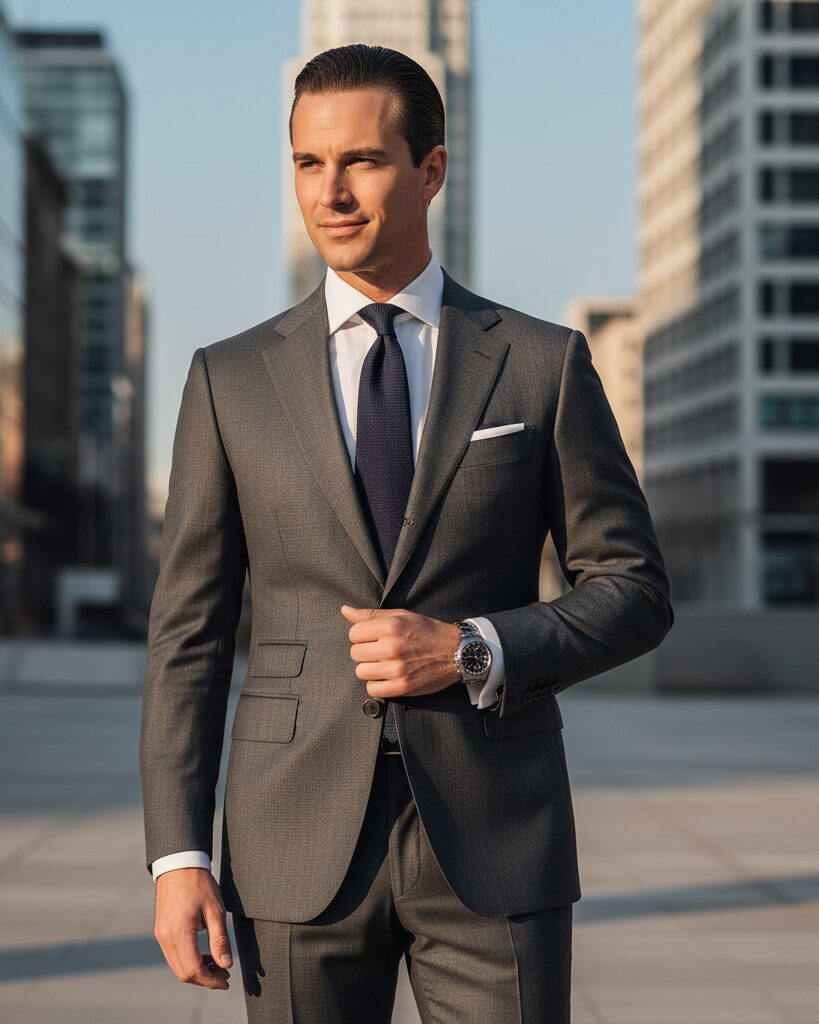
2. Invest Wisely In A Watch
A watch isn’t just an accessory—it’s art, time, and identity on your wrist. Don Cochrane, director of Vertex, describes it as something “personal, marking your passage through time.” The trick is balancing aesthetic, functional, rugged sports models with a fit that’s right for your wrist.
Remember the 40mm Goldilocks size: not too big, not too small. Wear something you love, not just a piece for show. Watches are like good shoes—they’re investments.
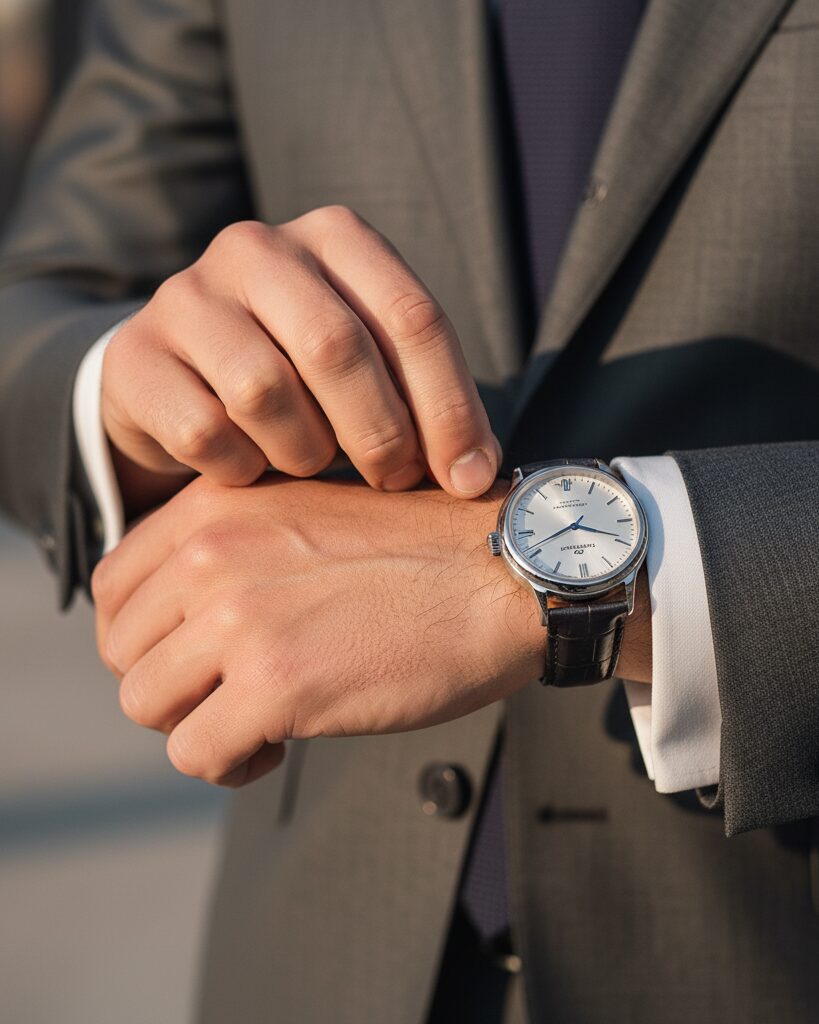
3. Don’t Shy Away From Colour
Men often hide behind navy and grey, but color has power. Designer Oliver Spencer encourages experimenting with greens, pinks, mustard, and brighter blues. Even a rakish green suit can look timeless if worn with confidence.
Keep it subtle—one garment is enough. That splash of color can lift your entire outfit without overwhelming it.
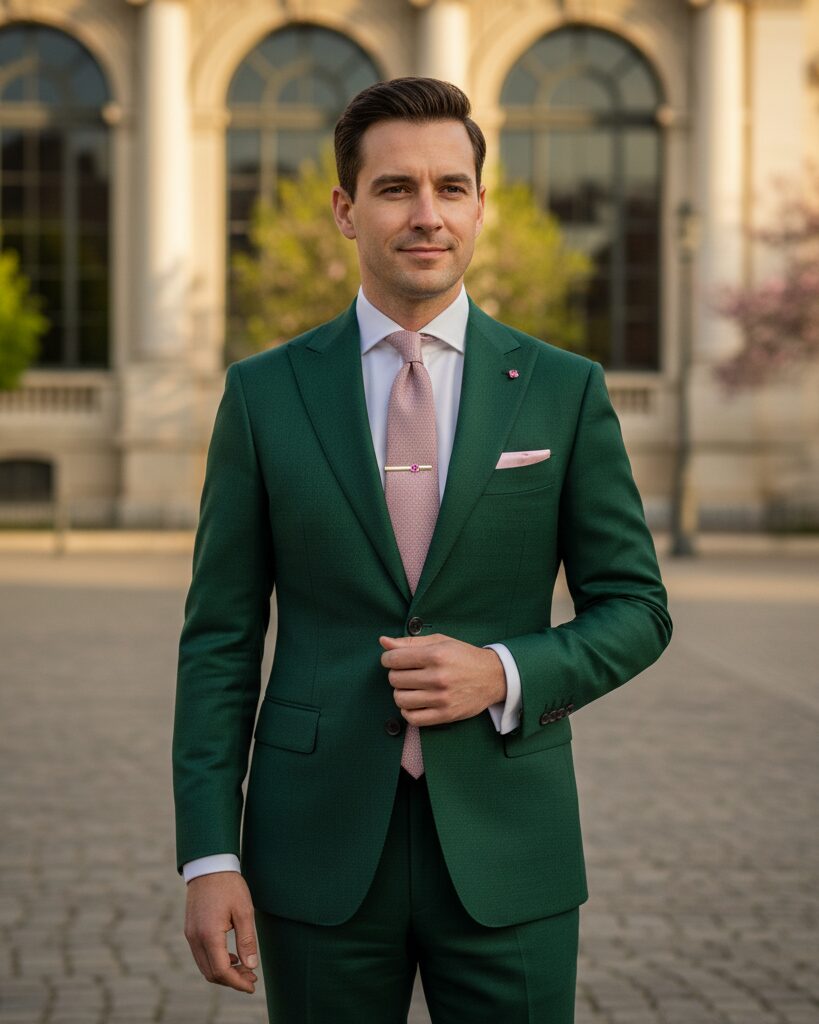
4. Wear In Your Jeans Until They Are Yours
The most versatile cut? Slim-tapered jeans. As Alex Mir of Forge Denim explains, they’re roomy in the thigh but narrow at the ankle, pairing with sneakers or smart shoes.
Skip the pre-distressed fad. Go for dark, raw denim that ages with wear. The fading, creasing, and shaping become uniquely yours—the story of how you live.

5. Look After Your Appearance
Style isn’t just buying clothes; it’s caring for them. Use wooden hangers for shirts, shoe trees for leather, and polish your shoes. Avoid the tumble dryer, which breaks down fabric.
Grooming matters too. Brush your hair, trim your nails, and keep a simple routine. Small details add up. Remember: the devil resides in the details.
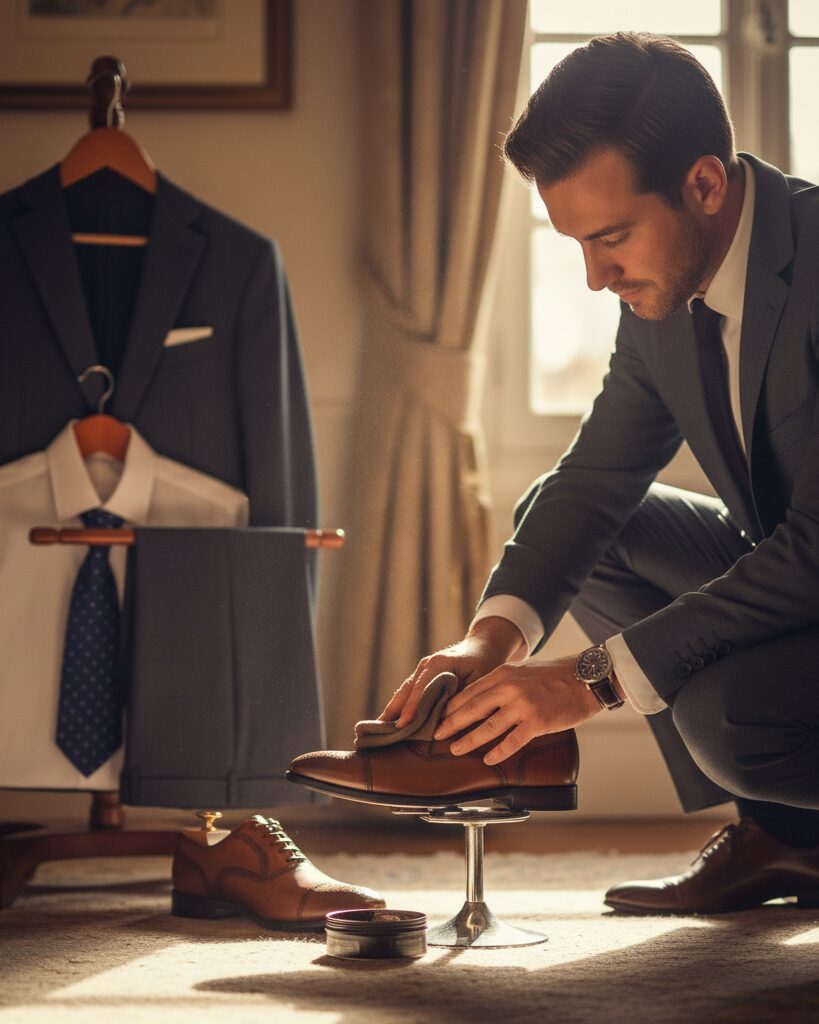
6. Keep Your Underwear Simple
Nobody sees it, but that doesn’t mean it’s unimportant. Designer Emma Willis says: skip novelty prints and avoid heavily-branded underwear. Confidence is quiet.
Stick with cotton boxer shorts or briefs—they breathe, survive washing, and feel right against your skin.
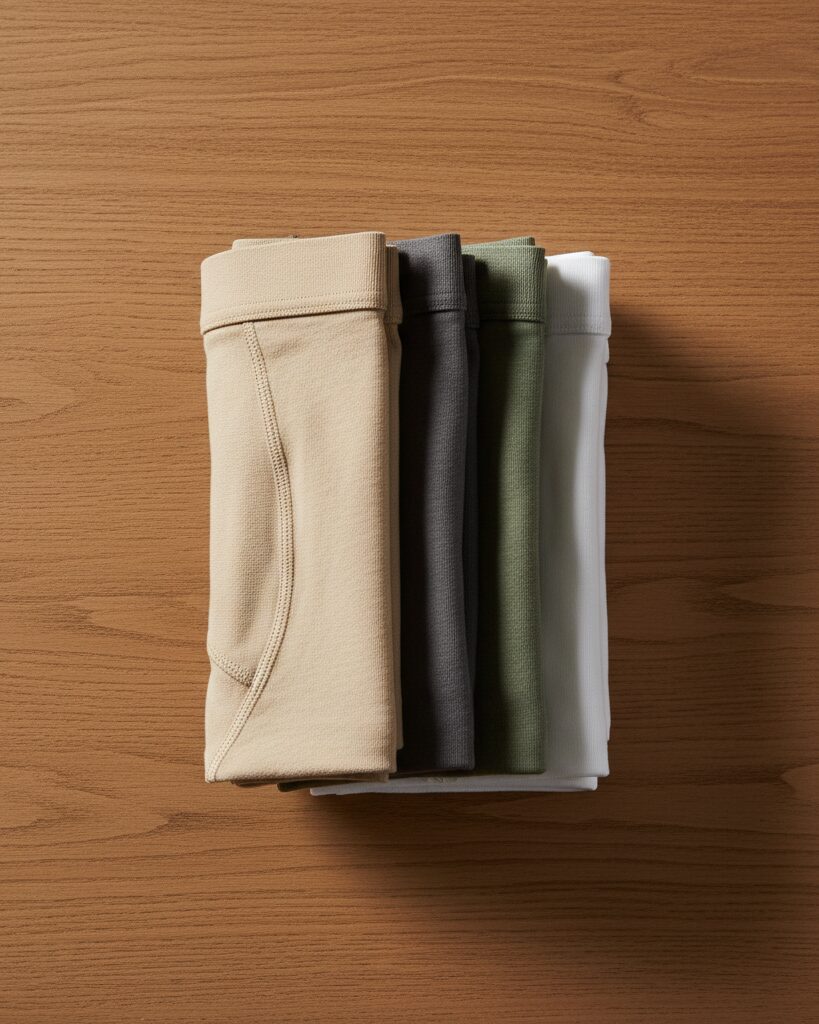
7. Spend Money On Shoes
Your shoes ground your look. Tim Little of Grenson advises: choose timeless, simple designs. Quality shoes like Goodyear welted brogues, loafers, Derby shoes, or the Myrqvist Jumper boot can last 15 years or more.
Avoid extremes—pointy or square toes look impractical. A rounded toe always feels right.
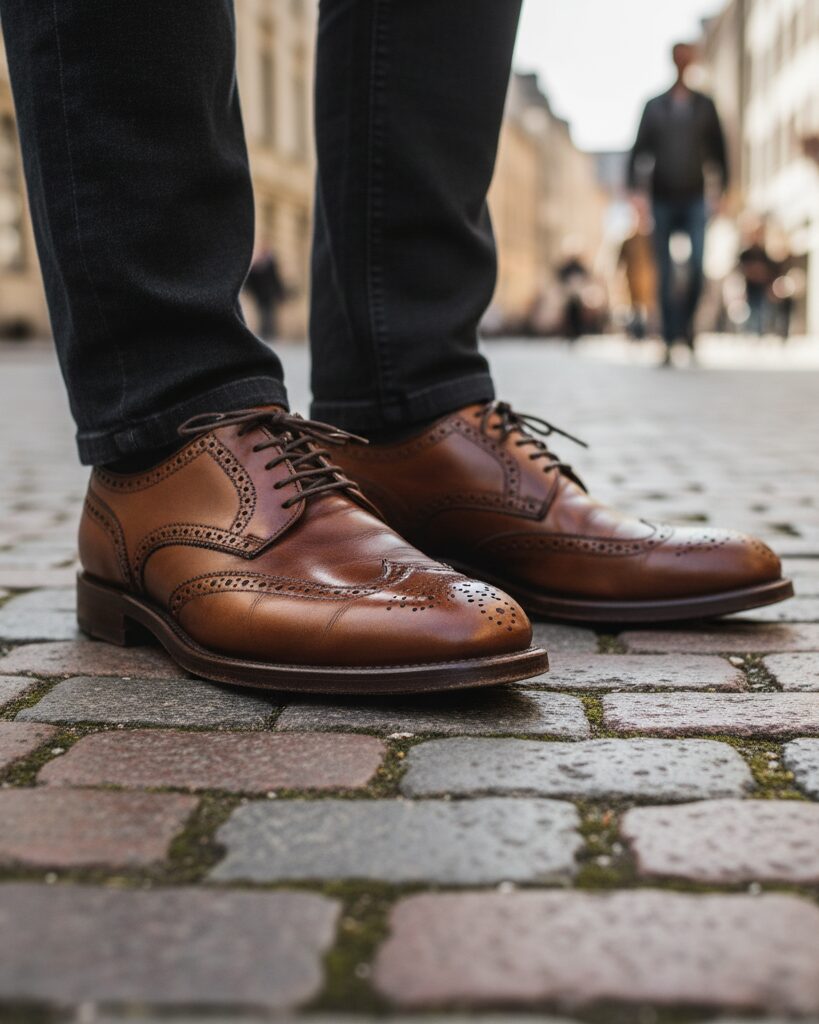
8. Keep Accessorising To A Minimum
Accessories like ties and pocket squares add flair, but less is more. Michael Hill of Drake’s suggests picking out a colour or two to harmonize with your jacket, not match exactly.
Aim for nonchalance. If in doubt, remove one accessory. Sometimes a single point of interest is all you need.
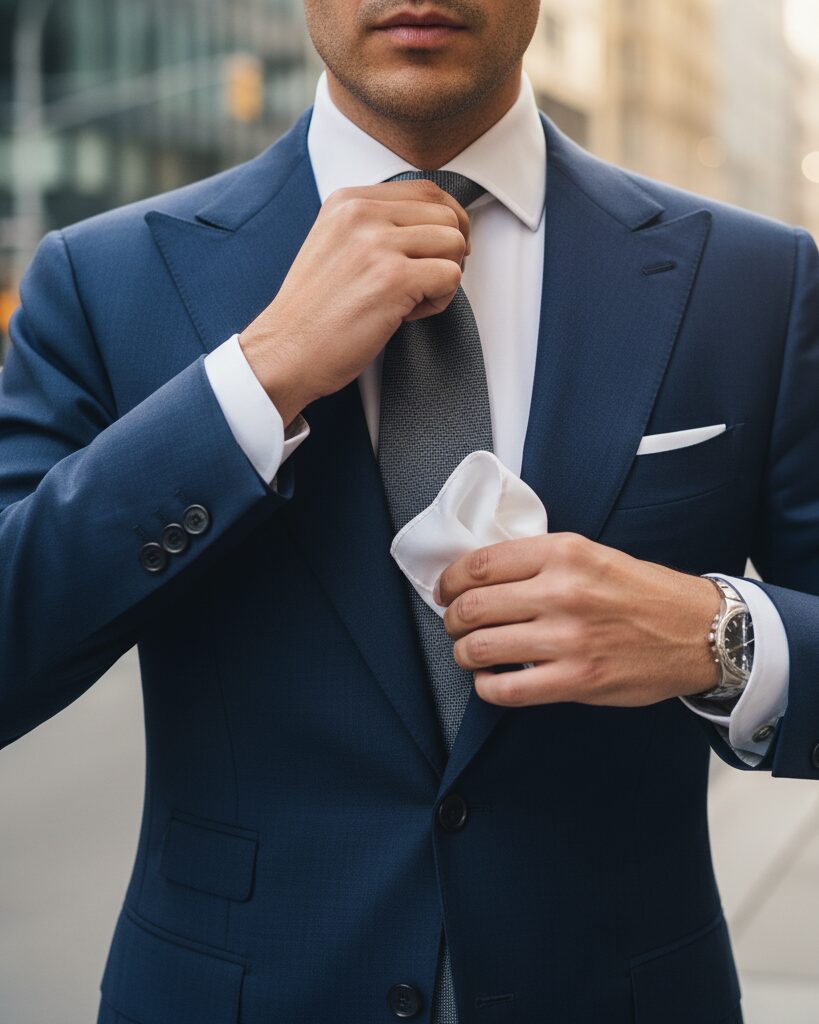
9. Know Thyself
Don’t wear clothes like a costume. Style icons succeed because their clothes feel like a second skin. Avoid dressing as you think you should—unless you’re literally a rodeo clown. Confidence only comes when clothes reflect your genuine self.

10. Dress For The Setting
Fashion is also about respect. Tom Ford put it best: dressing right for a setting—whether formal dinner or lazy Sunday at the pub—shows awareness. Overdress if in doubt. Looking slightly sharp is better than being sloppy.

11. Don’t Skimp On Glasses
Glasses define your face. Tom Davies warns against quick choices—men often pick frames in just seven minutes, then regret them for years.
Choose frames based on face shape and eyebrow line. Avoid cheap frames; they’ll look tatty faster than lenses wear out.

12. Choose Versatile Outerwear
Coats should be lightweight, breathable, protective. Adam Cameron of The Workers’ Club recommends modern technical fabrics over heavy wool. Think field jackets, bomber jackets, or a short mac—versatile layers for changing climates.

13. Buy A Dinner Suit, Never Hire
When a formal occasion calls, nothing beats a dinner suit you own. Richard James warns against boxy, oversized hire suits that make men look childlike.
Opt for midnight blue, single-breasted, satin lapels, and classic bow-tie. Learn to tie it yourself—confidence starts there.

14. With Shirts, Stick To The Classics
A pressed shirt always looks expensive, says James Cook of Turnbull & Asser. Avoid extremes; instead, choose a semi-cutaway collar that works with or without a tie and sits properly under a jacket.
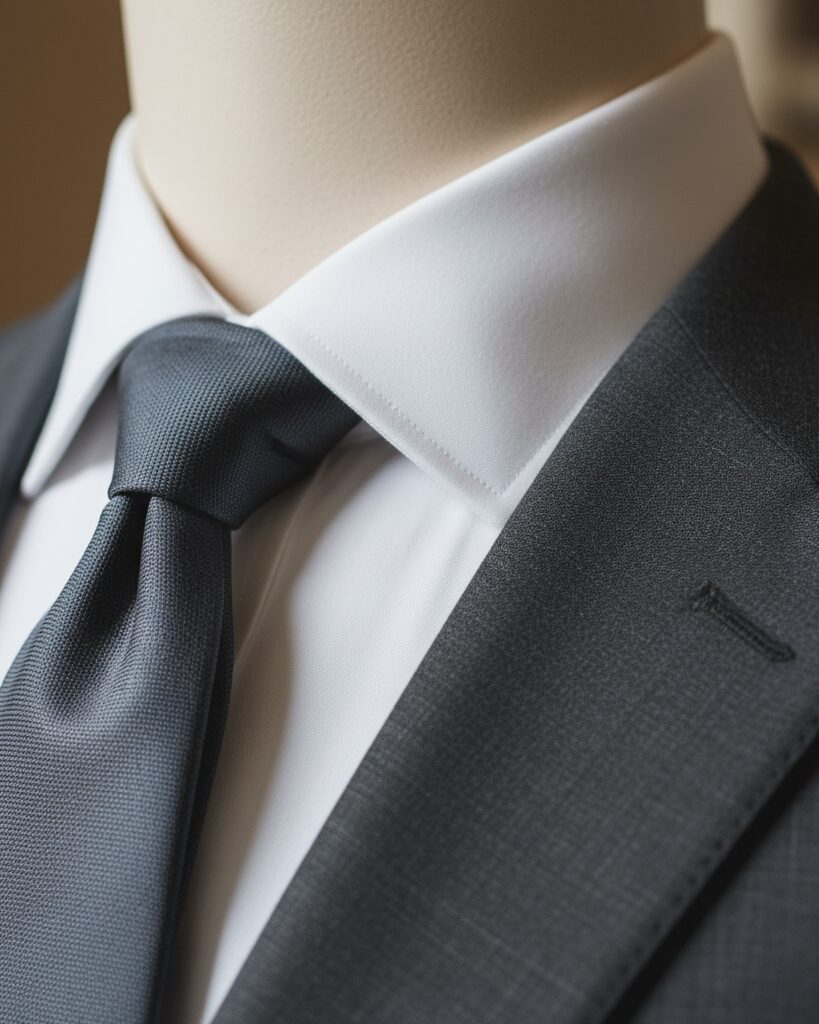
15. Know When To Break The Rules
Rules exist, but style advances when you bend them. As Drake’s Michael Hill explains, sometimes you must ignore black tie codes, embrace mistakes, and explore freedom. Fashion evolves when men dare.

Final Thoughts
These 15 rules aren’t rigid laws—they’re a roadmap. Start with fit, shoes, and grooming, then add individuality through colour, accessories, and personal identity. Know yourself, dress for the setting, and remember: true style isn’t about what you wear—it’s about how you own it.


